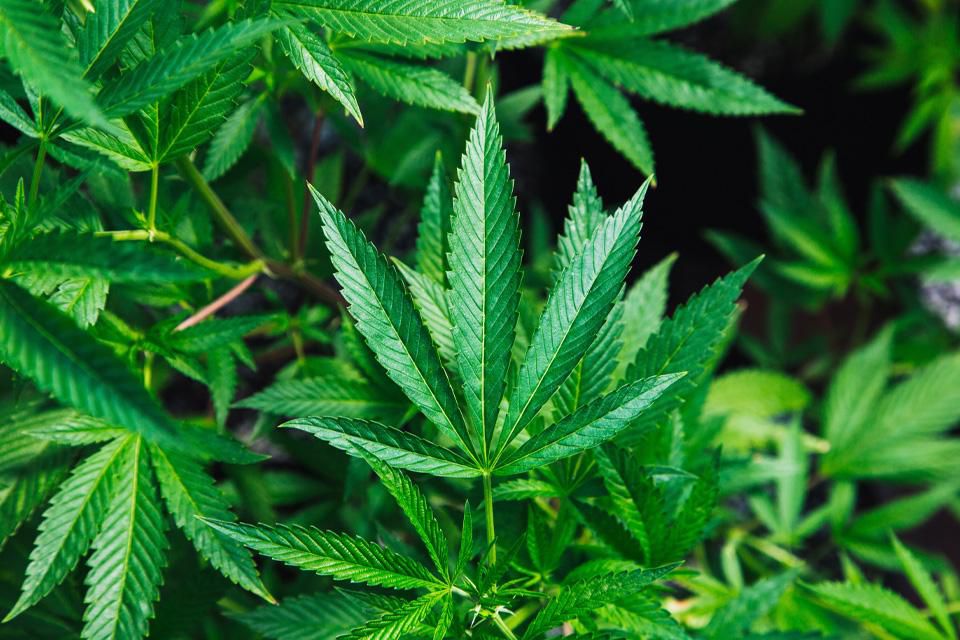If New Jersey legalizes recreational marijuana use, it could put colleges and universities in a bind, as administrators weigh conflicting federal and state laws and how to enforce them.
Colleges are in a unique position because, even if state law changes, they are still compelled to follow federal regulations or risk losing federal funding. Most schools say they will keep current restrictions on marijuana in place and will enforce marijuana bans as they have in the past.
Still, they could be dealing with an uptick in pot use among college students. Several studies suggest that recreational marijuana use — or at least reporting of that use — has grown at universities in states where legalization has already occurred. New Jersey colleges will have to decide what kinds of disciplinary action to take for offenders.
Legislation to make recreational marijuana legal in New Jersey sets a limit of 21 years old and above. As a result, marijuana use would still be prohibited for many college students.
Federal v. state laws
Even as a growing number of states allow marijuana, the federal government still strictly prohibits the use, growing or sale of the substance. Public and private colleges say they must follow federal anti-marijuana laws, including the Drug-Free Workplace Act and the Drug-Free Schools and Communities Act, or risk losing federal funding such as research grants and financial aid for students.
Because of federal regulations, Montclair State University said its marijuana policies won’t change.
“Adherence to federal laws is critical for students’ receipt of federal financial aid,” said Karen Pennington, vice president for student development and student life. “Therefore, Montclair State policies regarding the possession and use of marijuana will not change with the proposed change in state law.”
Joe Cardona, Rowan University spokesperson, took the same stance. “Every university receives federal funding, so it doesn’t matter what the state decides,” he said. “If it’s not federal law, our policy’s not changing, and we simply won’t jeopardize federal funding.”
Other colleges said it was premature to comment about legalization.
“Ramapo College is, at this time, reviewing the many issues regarding the legalization of marijuana and the potential impact it could have on our campus,” said Cathleen Davey, vice president of institutional advancement. “We will communicate in a timely manner any decisions and/or policy changes made with the community.”
Fairleigh Dickinson University also took a wait-and-see approach.
“We will continue to stay abreast of the pending legislation and will react in accordance with current university policies, New Jersey state law and the best interests of our students,” said Dina Schipper, Fairleigh Dickinson’s executive director of communications and news.
Princeton, Rutgers and Seton Hall will review policies, state legislation and federal mandates should recreational marijuana become legal, spokespeople at each university said.
“The university would need to consider the applicability of federal law to our campus, under which marijuana is illegal,” said Princeton University spokesman Ben Chang.
College students and marijuana
Nine states — Alaska, California, Colorado, Maine, Massachusetts, Nevada, Oregon, Vermont, and Washington — as well as Washington, D.C., have legalized marijuana for recreational use for adults over the age of 21.
In states that lifted restrictions, weed is now sold in legitimate stores instead of on street corners and in fraudulent businesses. Criminal penalties have been stripped away and so has much of the stigma that once surrounded its use, giving way in some places to a thriving cannabis culture.
Has that made weed more attractive to college students? Studies in Oregon and Washington found that recreational pot use went up among college students, even though schools continued to ban its use.
At Washington State University, reported marijuana use rose 3 percent above an additional 1 percent increase already happening across the nation, according to one study.
Because the data came from one university, it isn’t representative of nationwide trends,cautioned Austin Miller, an assistant professor of business analytics and an author of that study. He also said it was unclear whether actual use went up or whether people were more honest about reporting their use after legalization.
David Kerr, an associate professor of psychology at Oregon State University, led two studies in Oregon about recreational pot use on campus after legalization. In both studies, the number of students reporting that they used the substance in the past 30 days had increased.
Kerr said the impact of legalization is likely to vary from state to state depending on how the law is rolled out. States must decide who can sell, the location of sellers and whether people can grow their own product, among other questions, said Kerr.
For instance, he noted that Oregon’s law allows individuals to grow marijuana at home. And the state already had hundreds of stores selling medicinal marijuana so they were ready to sell as soon as legalization passed.
“This really is an open question,” Kerr said. “Just because it passed in one state and had these apparent effects doesn’t necessarily mean it will be the same in another state.”
Reported pot use is up among college students across the country, he said. A recent University of Michigan study found that college students’ use of marijuana was at the highest levels in three decades.
Access to pot, normalization of its use and a decline in perceptions of the potential harm are all factors contributing to the rise in use.
Kerr’s advice for colleges and universities in New Jersey and other states thinking about legalization is to start collecting information about pot use so it will be easier to assess the impact of the law after it is passed.
“We’re not doing a very good job trying to figure out what the effects are of these laws,” Kerr said. “There’s a lot of interest in this area but not a lot of research of what the new laws will mean.”
Credit: www.northjersey.com













